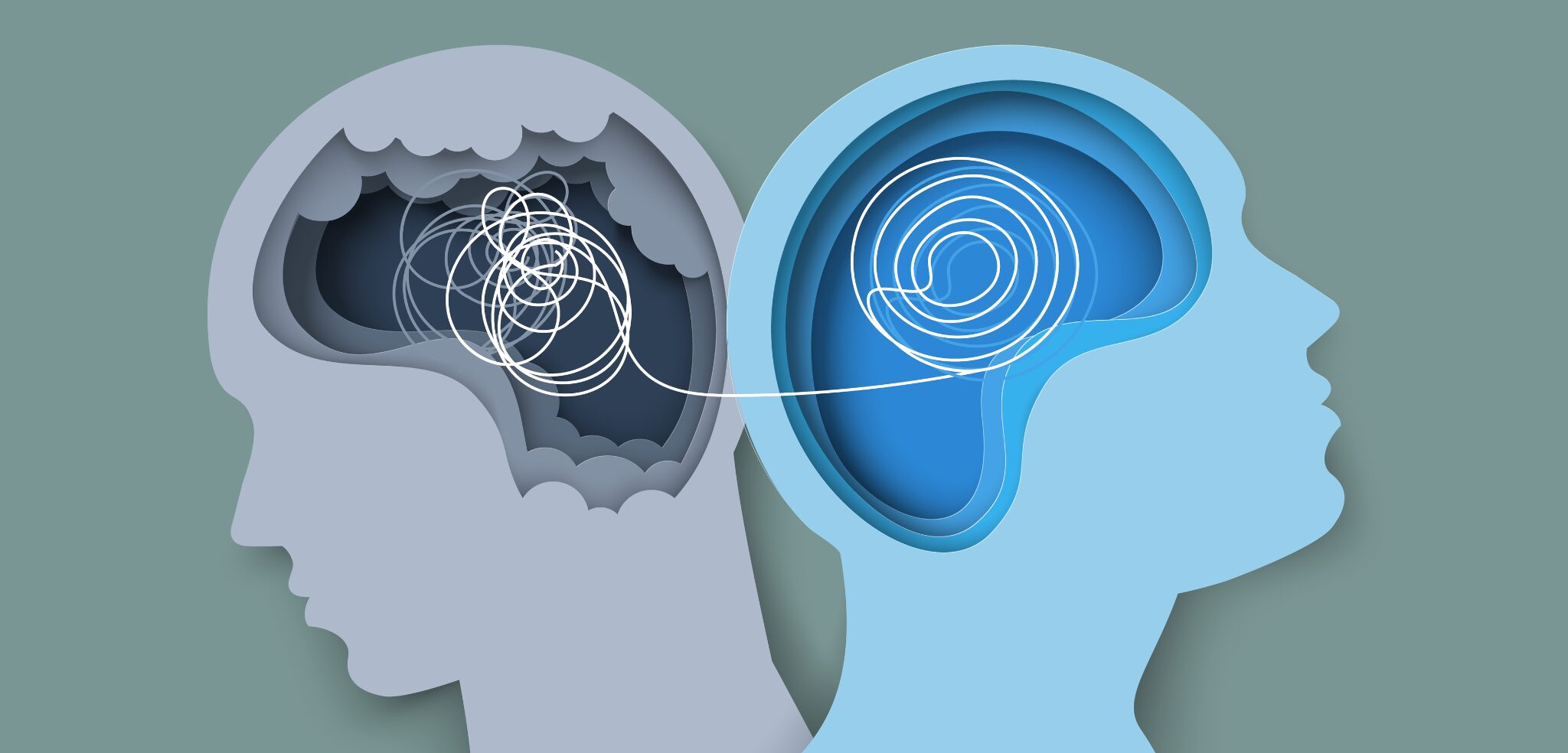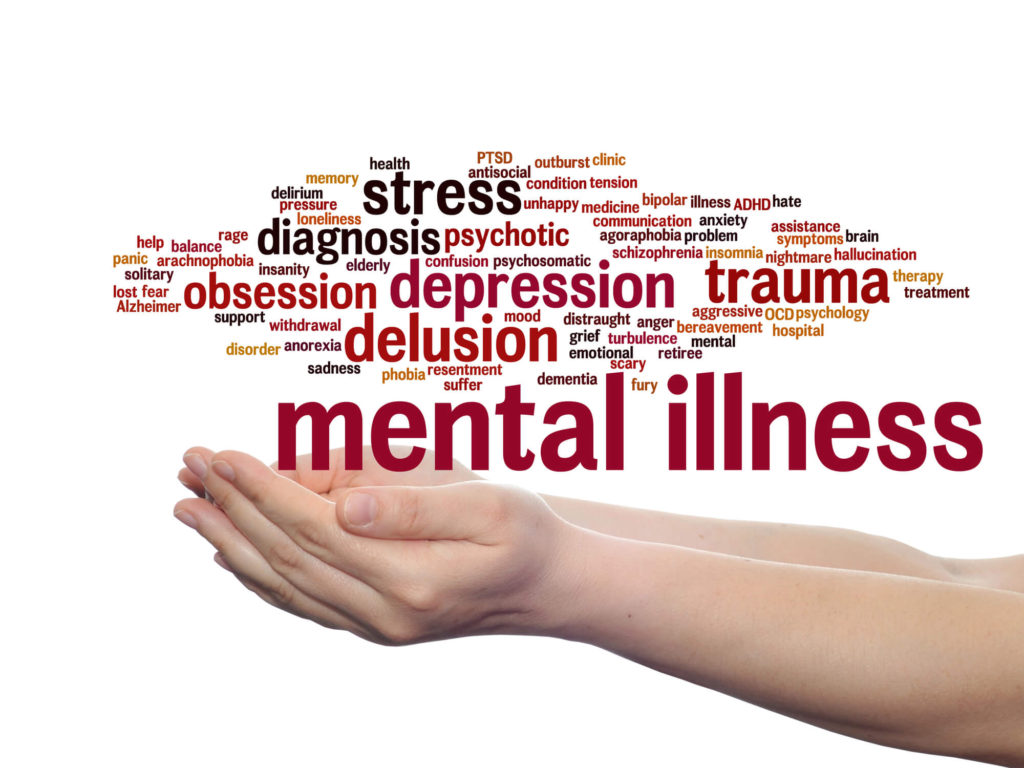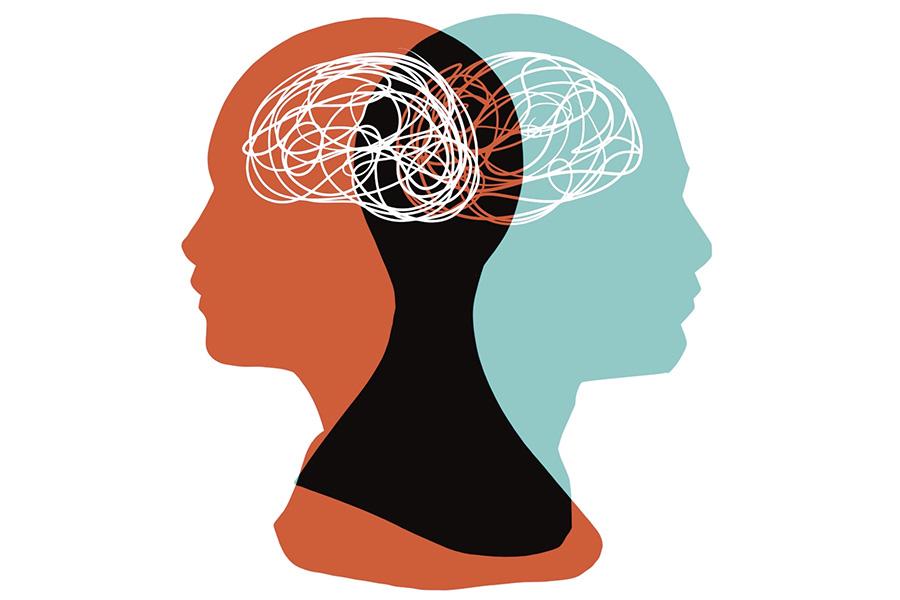Comprehensive Inpatient Mental Health Services for Effective Treatment
Inpatient psychological health services stand for a critical component of the healthcare system, supplying a structured and intensive setting for individuals experiencing extreme emotional distress. These services employ a multidisciplinary technique, integrating different evidence-based therapies to address the complicated needs of individuals. The efficiency of such extensive care extends past instant stablizing; it likewise incorporates the change to outpatient assistance, a critical stage usually overlooked - Inpatient Mental Health Program. Exploring the nuances of this continuum discloses substantial implications for both specific recovery and more comprehensive psychological wellness outcomes. What factors genuinely influence this transition, and just how can we improve its performance?
Recognizing Inpatient Mental Health Solutions
Inpatient mental health solutions provide essential assistance for people experiencing extreme psychological distress that can not be taken care of effectively in an outpatient setup. These services are designed to offer an extensive degree of treatment in a structured setting, frequently within a health center or specialized center. Individuals confessed to inpatient programs usually show acute signs and symptoms, such as self-destructive ideation, serious depression, or psychosis, demanding day-and-night surveillance and intervention.
The admission procedure generally includes an extensive assessment by mental wellness specialists, that examine the person's psychological state, background, and instant needs. When confessed, patients engage in a range of healing techniques customized to their details demands, consisting of drug management, individual therapy, and team sessions. This holistic method aims to maintain the individual's problem, advertise safety and security, and foster coping abilities.
Inpatient psychological health and wellness services not just address prompt health concerns yet likewise work as a bridge to recurring treatment. By giving a regulated atmosphere, these solutions assist in the growth of treatment strategies that can be continued in outpatient settings, hence ensuring a continuum of treatment and enhancing lasting results for individuals with complex mental wellness needs.
Key Components of Effective Therapy
Efficient treatment in inpatient mental health and wellness services makes up a number of key parts that cultivate healing and stabilization. First and primary, an extensive analysis is vital to identify the person's certain needs and difficulties. This evaluation informs the advancement of a customized therapy plan, which serves as a roadmap for intervention.
One more critical part is the multidisciplinary group strategy. Cooperation amongst psychoanalysts, psycho therapists, nurses, and social employees guarantees that various perspectives add to the individual's care, improving the performance of treatment. Evidence-based healing techniques, such as cognitive-behavioral treatment (CBT) and dialectical behavior modification (DBT), are additionally essential, offering organized strategies that attend to maladaptive idea patterns and behavior issues.

Finally, a focus on aftercare planning is important to ensure a smooth shift to outpatient services, decreasing the threat of relapse and promoting lasting wellness. These cumulative parts develop an efficient treatment structure within inpatient read this mental health services.
Benefits of Comprehensive Treatment

Extensive treatment in inpatient mental health and wellness services supplies many advantages that dramatically improve individual results. Among the main advantages is the alternative approach to therapy, dealing with not only the mental signs yet likewise the physical, social, and psychological demands of patients. This detailed assessment allows for tailored interventions that advertise total well-being.
One more benefit is the assimilation of multidisciplinary groups, which promotes collaboration amongst health care specialists. This joint environment makes sure that individuals receive worked with care, minimizing the risk of fragmented treatment and enhancing communication among caretakers. Detailed care assists in connection of services, allowing for smooth shifts from inpatient to outpatient setups, which is critical for lasting recuperation.

Last but not least, the organized setting of detailed inpatient treatment offers a safe room for patients to involve in restorative tasks, helping them create coping methods and resilience. Jointly, these benefits add to more reliable therapy and boosted high quality of life for people experiencing mental health situations.
Evidence-Based Healing Strategies
In the realm of psychological health therapy, evidence-based restorative approaches play a crucial role in guaranteeing that clients receive efficient and scientifically supported treatments. These approaches incorporate the best offered research study with scientific knowledge and person values, fostering a tailored treatment experience that deals with private needs.
Cognitive Behavioral Therapy (CBT) is among the most widely recognized evidence-based techniques, concentrating on identifying and transforming adverse idea patterns and actions. This structured strategy has shown effectiveness in treating problems such as ptsd, stress and anxiety, and depression. Similarly, Dialectical Behavior Therapy (DBT) is especially efficient for people with borderline personality condition, highlighting the development of psychological guideline and interpersonal efficiency abilities.
Furthermore, medication administration is often an important part of evidence-based therapy, as psychotropic medications can minimize signs and enhance total performance. Joint treatment versions, which entail multidisciplinary groups, better boost the effectiveness of inpatient services by making sure thorough analyses and continual surveillance.
Inevitably, the assimilation of evidence-based restorative methods not just advertises positive clinical results yet also equips patients, promoting a feeling of company and strength in their psychological health and wellness journeys.
Transitioning to Outpatient Assistance
The transition from inpatient mental health services to outpatient assistance notes an important phase in an individual's recovery journey. This duration calls for cautious preparation and coordination to ensure continuity of care and to special info minimize the dangers of relapse or dilemma. Efficient discharge planning need to begin early in the inpatient keep, entailing a multidisciplinary group that includes psychiatrists, psychologists, registered nurses, and social workers.
Crucial element of an effective change include the development of a thorough aftercare strategy customized to the individual's specific requirements. This plan needs to describe follow-up consultations, medication monitoring, and healing treatments, along with recognize area resources and support system that can facilitate recurring healing.
Additionally, person and family members education is essential throughout this stage. Comprehending the indicators of possible troubles and the importance of sticking to treatment can equip people and their support group.
Normal follow-up and reassessment of the outpatient plan visite site are vital to attend to evolving challenges. By fostering a collective connection between inpatient and outpatient companies, the likelihood of continual healing rises, inevitably enhancing the person's lifestyle and reducing the risk of readmission.

Conclusion
In recap, detailed inpatient mental health solutions provide a necessary framework for addressing severe psychological distress with a multidisciplinary strategy. Eventually, such comprehensive treatment is crucial for long-term psychological wellness and wellness.
The admission process typically includes a detailed evaluation by psychological health professionals, who review the person's mental state, history, and instant needs.Effective therapy in inpatient mental health services comprises several key elements that promote recovery and stablizing.Extensive care in inpatient psychological health and wellness services uses numerous advantages that substantially boost individual outcomes.The change from inpatient mental wellness solutions to outpatient support marks an essential phase in an individual's recovery journey.In summary, comprehensive inpatient mental health and wellness services use an important structure for dealing with serious emotional distress through a multidisciplinary method.